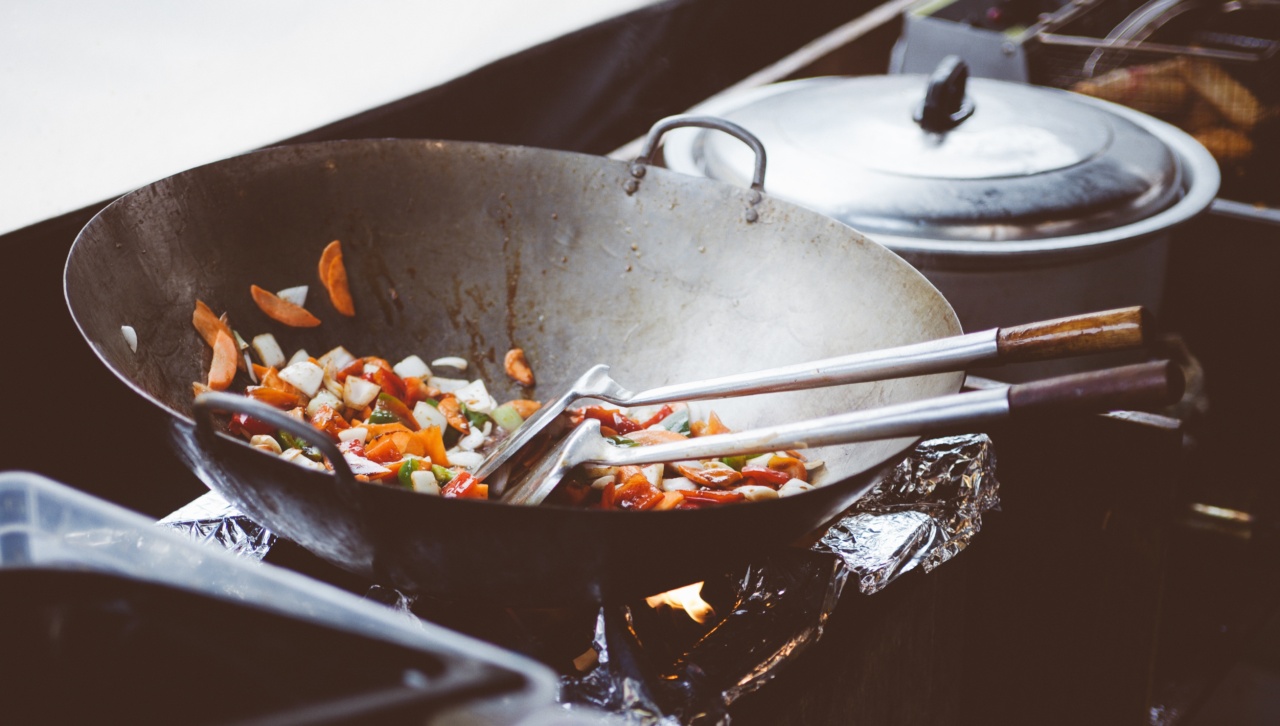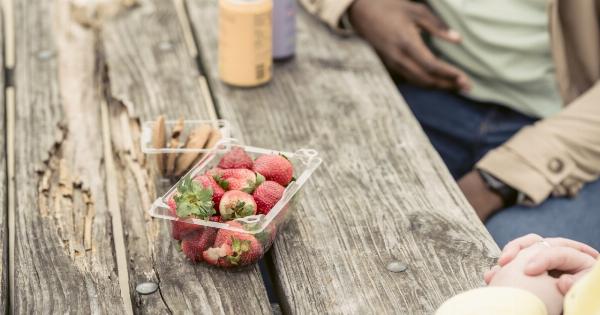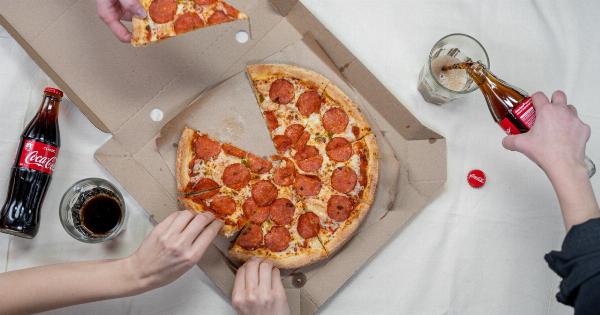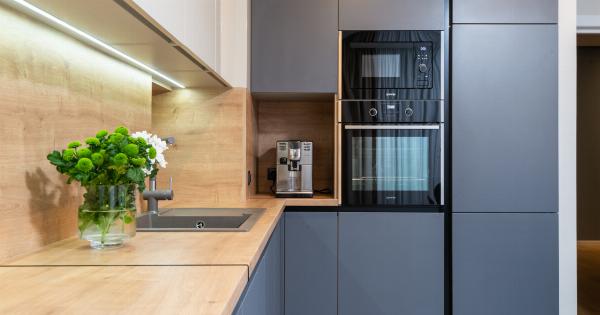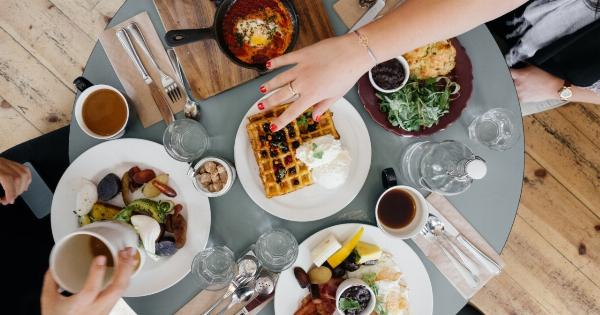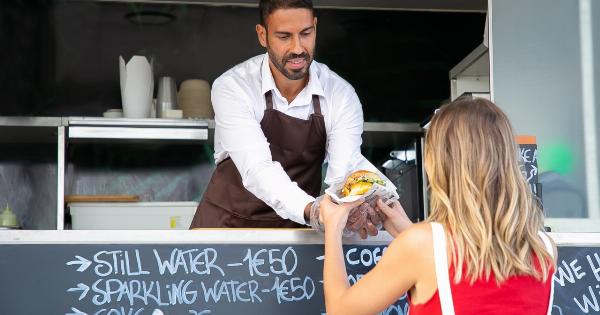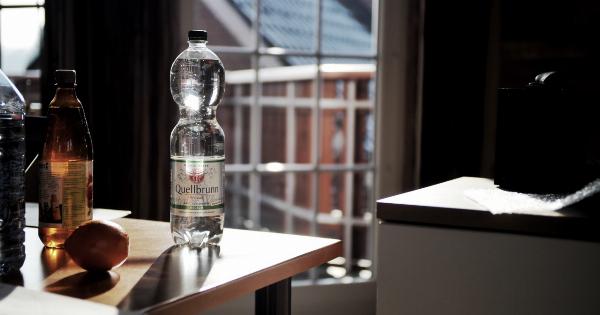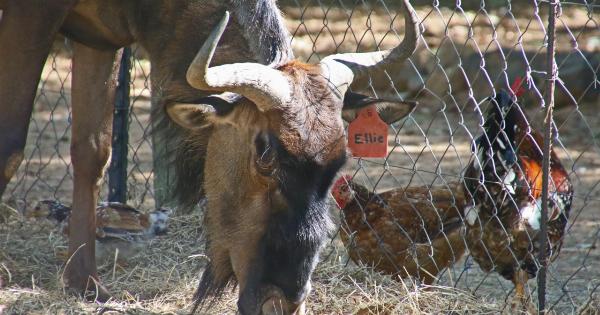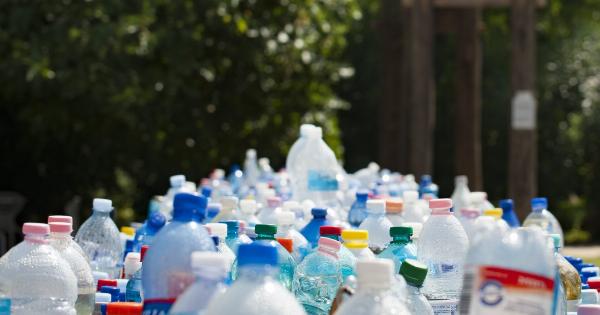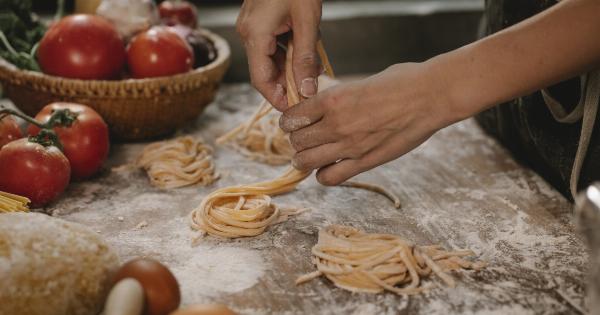Food leftovers are a common sight in every household. Some of us love eating leftovers as it saves the time and hassle of cooking. But even though you can consume leftovers, it is essential to consider the dangers associated with them.
What are Food Leftovers?
Food leftovers are the remains of a meal that is not consumed at a mealtime and is kept for later consumption. It can be any food item like vegetables, meat, poultry, or any other cooked food.
Food leftovers are generally stored in a refrigerator, ready to be consumed another day.
Why are Food Leftovers Dangerous?
When food is not consumed immediately and left at room temperature or improperly stored, it provides an ideal environment for bacteria to grow and multiply on it. Consuming such food items exposes you to many health risks.
Here are some of the dangers of food leftovers:.
Bacterial Growth
The longer the cooked food is kept at room temperature, the higher the chances of bacteria growth on it. This can lead to diarrhea, vomiting, and food poisoning, and in some severe cases, it can even be fatal.
Storing leftover food at room temperature for an extended period of more than two hours can give bacteria a chance to grow and pose a health risk.
Chemical Changes
When food is stored for an extended period, its chemical composition changes, and it loses its original taste, texture, and nutritional value. For example, meat, when stored for more than three days, starts to develop a sour and unpleasant smell.
This indicates that the meat is no longer safe for consumption.
Contamination
Another risk associated with storing food leftovers is contamination. When we store food in containers that are not clean, we contaminate the food with germs and bacteria.
Also, when we store different types of food items in the same container, there are chances of cross-contamination. For instance, if you store chicken and vegetables in the same container, the bacteria from the chicken can contaminate the vegetables, and you may not even know the taste difference.
How to Store Food Safely?
Here are some tips on how to store food safely:.
Refrigeration
It is essential to refrigerate the leftover food items as soon as possible. Food should not be left at room temperature for more than two hours.
Refrigeration slows down the bacterial growth and ensures that the food remains in the safe temperature range.
Use Clean Containers
Always use clean and airtight containers to store leftover food items. Clean containers ensure that there is no cross-contamination, and airtight containers prevent any bacteria or germs from permeating the food item.
Label and Date
Label and date the containers so that you know when you cooked it and when you stored it. This will help you keep a track of how many days a particular food item has been in the refrigerator and when it needs to be consumed.
Consume within Safe Time Limit
It is necessary to consume the leftover food item within the safe time limit. The safe time limit varies from food to food.
For example, cooked chicken can be kept in a refrigerator for only three to four days, and cooked vegetables can be kept for five to seven days.
Final Thoughts
Food is essential for our survival, and it’s crucial to ensure that we consume it safely. Storing leftovers is a convenient way to save time and money, but it’s essential to keep in mind the dangers associated with it.
By following the right methods of storage and consumption, we can enjoy the delicious taste of leftovers without risking our health.
